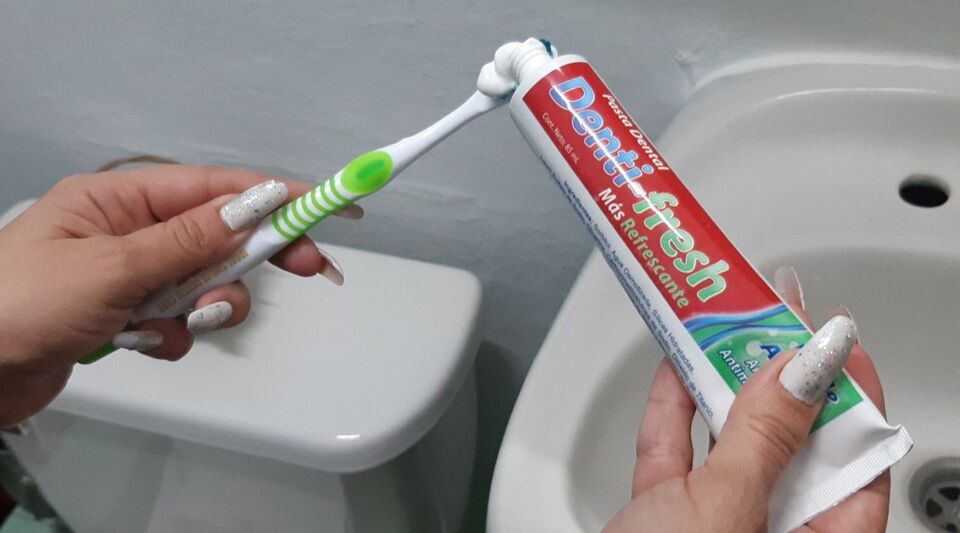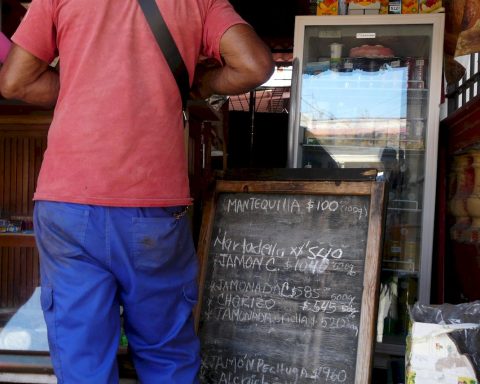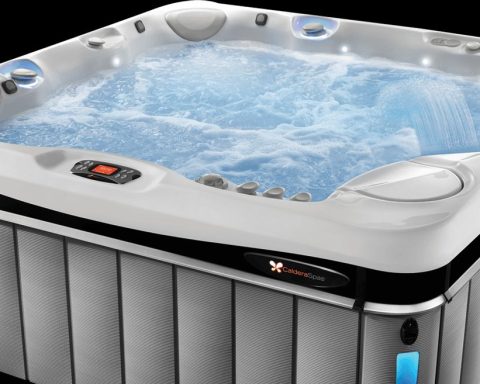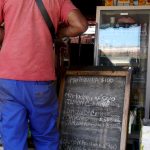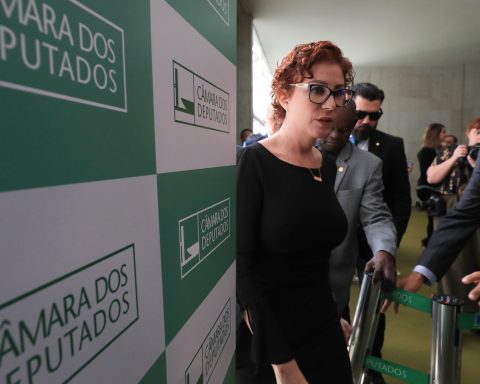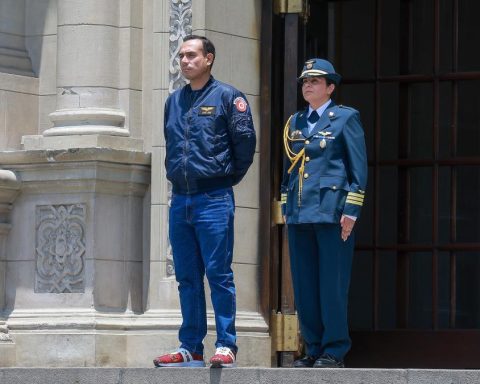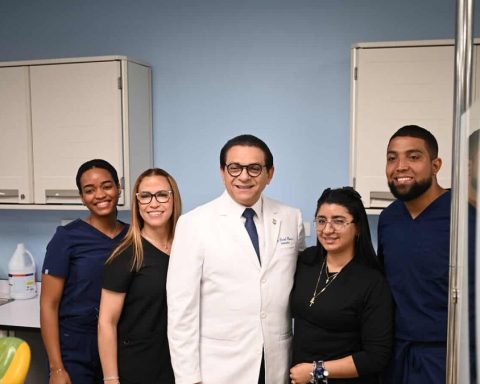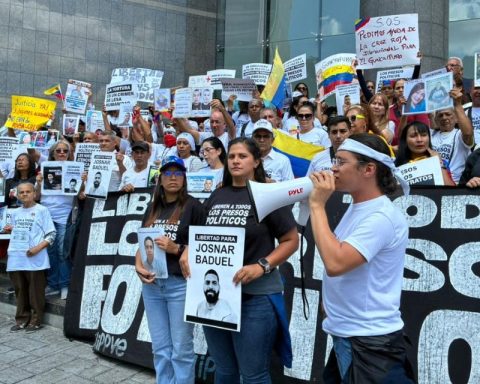“It’s like going to the beach and brushing your teeth with sand,” that’s how Maritza described the toothpaste distributed by the rationed market a few months ago. From now on, and in order to reduce costs, the product will incorporate calcium carbonate from the Island’s quarries into its formula, instead of the imported Sident 9 that it had before.
The announcement of the new Denti-Fresh formula It has led many Cubans to recall the attempts of the Cuban industry to achieve even correct toothpaste for the basic basket that is distributed due to rationing. The fear of consumers is that mixtures similar to those sold in the Special Period, when zeolite was included in their preparation, will return.
In the 1990s, Cuban toothpaste dispensed with all kinds of paints. In an aluminum tube without letters or colors, he sold what some made the target of his ridicule and others feared as a toothache. With a sandy texture, almost insipid and viscous, toothpaste in those years was a bad drink that had to be used as soon as possible.
But it was not only the low quality of the mixture, but also the permanent theft of raw materials, which degraded the final result. The comedians highlighted in countless jokes that by squeezing the tube, air often came out instead of paste, the citizens preferred to use the metal structure to make improvised kerosene lamps with which to alleviate blackouts rather than fill the brush with that substance.
“It was used to clean rings, to throw in improvised cleaning products, but putting it in the mouth was an ordeal”
“It was used to clean rings, to put in improvised cleaning products, but putting it in the mouth was an ordeal,” recalls Santiaga, a retired resident of the Havana municipality of Guanabacoa who assures that in those years she lost “all her teeth” due to poor product quality, which, moreover, was not always available.
“Most of the time I washed my mouth with soap, which is very unpleasant, it leaves everything dry and hard,” he recalls. “The little dough that came through the notebook we tried to save it for the children, but I would put a spark on my finger -there was no brush at that time-, and I would rub it. Sometimes I ended up retching.”
Subsequently, several products were added to stretch the formula, including zeolite.
An urban legend is still told on the Island that states that a Cuban was detained at customs at the London airport for carrying one of those tubes without a mark or details. After analyzing the substance it contained, the phlegmatic officials were categorical: “It’s not a drug, but it’s not toothpaste either.”
Now, the ugly aluminum tube has been replaced by a much more modern plastic one with printed colored letters, but the content is not left to be mocked. The toothpaste is in charge of the Suchel company, in Havana, which has four Italian technology production lines capable of filling up to 60 tubes per minute. Every day some 17 tons of toothpaste are produced, according to the official press.
The national product is in check because a wide range of imported toothpastes are sold on the informal market, including brands such as Colgate and Oral-B. With a higher price but more in tune with customer taste, these pastes have become the ideal for consumers who prefer to buy their formula rather than the national one.
“One tastes clean, hygienic and the other I don’t know, a minute after I wash my mouth I don’t even feel like I washed it,” laments Ricardo, a young man who claims to be “condemned” to use Denti-Fresh . “I know that brushing is the most important thing, but I want to feel fresh, clean, and not that I just rubbed myself with ash.”
________________________
Collaborate with our work:
The team of 14ymedio is committed to doing serious journalism that reflects the reality of deep Cuba. Thank you for joining us on this long road. We invite you to continue supporting us, but this time becoming a member of our newspaper. Together we can continue transforming journalism in Cuba.
